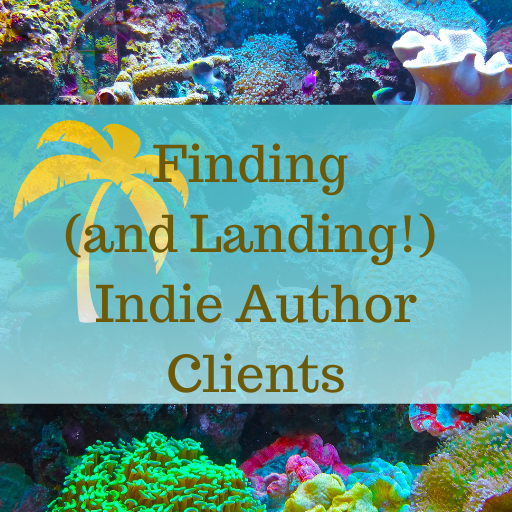Learning How to Read
Learning how to read is a crucial skill for developmental story editors.
Years ago, I was teaching a university lit class that all new freshmen were required to take. For one reason or another, Robert Frost’s “The Road Not Taken” was on the syllabus. All of the students had encountered this poem before, and all of them had been taught to read it as a celebration of taking the road less traveled–that is, as a celebration of nonconformity.
But because I had trained in literary analysis (what we might call “learning how to read”), I scoffed at the very idea. Frost was not so unsophisticated as that! This poem is not an uncritical celebration of nonconformity. It is a poem about the stories we tell ourselves. In the poem, the two roads are exactly alike. It is the narrator who decides that he has taken the less-traveled road and that this has made all the difference. He has not in fact taken a less-traveled road, he has only decided he has.
To me this is a more powerful and nuanced reading and it reveals a great deal about the human mind. To say it is a poem about literally taking a less-traveled road is the most naive understanding of meaning possible.
But those students . . . well, it was like I had drowned a kitten in front of them. They refused to accept this interpretation. They refused to rethink their reading of the poem. They literally yelled at me over this. Over a poem! And none of them were English majors! What did they care?
The ability to think in new ways about old things or to recognize that a previous interpretation may be incomplete . . . this is the cornerstone of the scientific method. It is also the exact mindset we need to bring to story editing. Learning to read literature (yes, even the most formulaic of genre fiction falls into this category) requires keeping your preconceptions in check, remaining open to argument, and–most important of all!–never being so committed to being right that you can’t see when you’ve been wrong.
Now, imagine if I had told them Shakespeare’s Romeo and Juliet isn’t a tragedy about romantic love, it’s a satire about romantic love . . . .
Tips for Editors & Writers
-
Editor Spotlight – Zainab Mirza
I’m sharing success stories from newer editors. The following is from Zainab Mirza. – Jennifer Lawler A few weeks ago, you asked folks to share their success stories. I have a couple of wins I’d like to share. Story #1:When I first moved back to Kuwait after college in 2012, I built relationships with a…
-
Freelancing through Tough Times
Sometimes it can be difficult to focus on work. The world is on fire or your brother just died; you’re struggling with your health or your spouse just lost their job. Here are some simple things you can do to help make it through tough times: It’s difficult to focus when the news is bad…
Join the Club!
New to story editing? Begin at the beginning.





